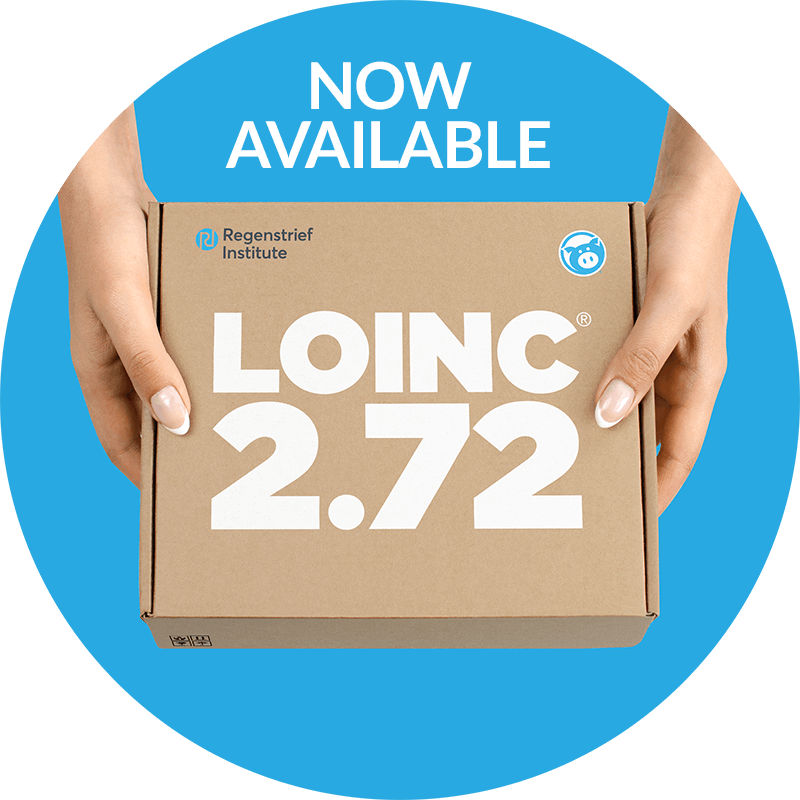The new release of LOINC® from Regenstrief Institute contains more than 1,600 new terms and has a newly streamlined file structure for more efficient download and use. LOINC version 2.72 also includes translations into Polish and the Mexican dialect of Spanish, increasing the number of available translations to 18.
LOINC, short for Logical Observation Identifiers Names and Codes, is a universal language used to identify test results, observations and other health information, making it more easily exchanged and understood between laboratories, health systems and public health organizations. LOINC has users from nearly every country. It has been especially important during the global pandemic, allowing the exchange of COVID-related data across borders and languages.
This release contains new content related to the pandemic, including concepts to distinguish methods for determining virus variance and lineage, concepts to report protein-specific antibody testing, and T-cell mediated immunity testing for SARS-CoV-2.
Other healthcare trends influencing new concept creation for this release are cancer detection, transplant rejection and AI-based image analysis. In response to requests from the U.S. Centers for Disease Control and Prevention, LOINC added new content for testing specialized microorganisms.
Download the new release: https://loinc.org/news/loinc-version-2-72-is-now-available/
First webinar to review new codes and tools
For the first time, the LOINC team is hosting a webinar to introduce the new version of the terminology. The event, scheduled for March 9, 2022, will explain the changes and additions as well as the latest tools. Registration is available here.
New terms are released biannually. This is the second release on LOINC’s new schedule. The next release will come in August 2022. With long-term funding support from U.S. federal agencies and other organizations, LOINC is available free of charge.
About LOINC®
LOINC was created in 1994 at the Regenstrief Institute in an effort to facilitate interoperability in healthcare. Today, the LOINC code system contains more than 98,200 terms for everything from a serum alpha 1 antitrypsin level to a zygomatic arch x-ray report. For each concept, LOINC covers many other rich details, such as synonyms, units of measure and carefully crafted descriptions.
About Regenstrief Institute
Founded in 1969 in Indianapolis, the Regenstrief Institute is a local, national and global leader dedicated to a world where better information empowers people to end disease and realize true health. A key research partner to Indiana University, Regenstrief and its research scientists are responsible for a growing number of major healthcare innovations and studies. Examples range from the development of global health information technology standards that enable the use and interoperability of electronic health records to improving patient-physician communications, to creating models of care that inform practice and improve the lives of patients around the globe.
Sam Regenstrief, a nationally successful entrepreneur from Connersville, Indiana, founded the institute with the goal of making healthcare more efficient and accessible for everyone. His vision continues to guide the institute’s research mission.










